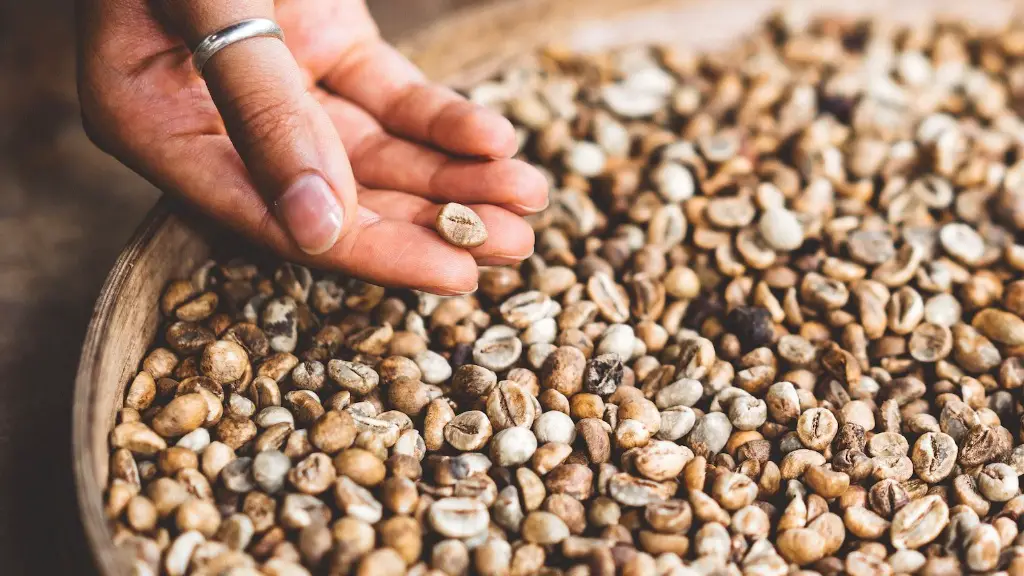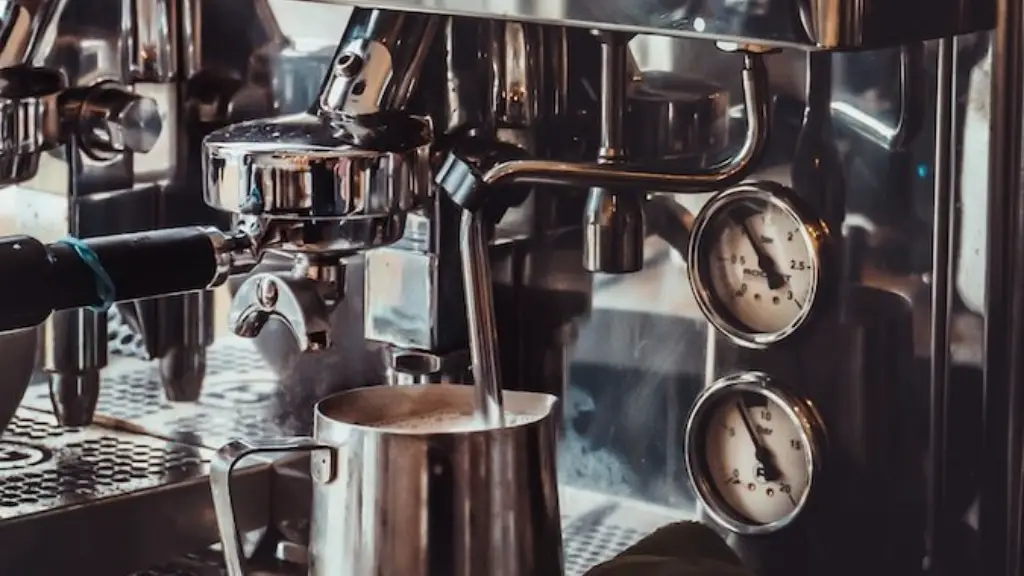Having surgery of any kind (be it large or small) can be both a physically and mentally draining experience. As you recover from your operation, you may find yourself wanting to get back to your day-to-day activities, which can include drinking coffee. But is it okay to drink coffee after surgery?
It is no secret that coffee can be a great source of energy, helping to keep us alert and awake during those long days. However, it is important to consider the impact of coffee – and caffeine – on our bodies after they have been stressed by surgery. Many medical professionals caution against drinking coffee as it could aggravate an already weaker system.
For instance, general surgeons advise against caffeine-containing drinks following surgery. Caffeine causes blood vessels to constrict, making it more difficult for oxygenated blood to reach the area of the body that needs healing. Not to mention, coffee may also increase swelling and discomfort throughout the body.
Moreover, the diuretic properties of caffeine can lead to a great amount of dehydration. Consuming coffee directly following surgery can also cause dehydration, as it is difficult for the body to absorb water. This would be particularly detrimental to someone who has just undergone a major operation and relies on hydration to aid in the healing process.
On the other hand, many surgeons have commented that if you are going through a minor procedure, the amount of coffee you consume will not have any real impact on your recovery, so long as you drink it in moderation. Unlike carbonated beverages, water and other liquids, coffee contains amounts of caffeine that can improve your ability to concentrate and improve your overall mood.
In addition, research has found that coffee may also help reduce inflammation and aid in tissue regeneration. This means that coffee can help speed up the healing process, as long as you don’t consume too much.
At the end of the day, it is important to bear in mind how coffee might interact with the drugs you may be taking after surgery. Certain medications, such as painkillers and antibiotics, are known to increase the effects of caffeine and make it harder for you to concentrate, so it is important to consult your doctor before consuming coffee.
The Impact of Caffeine on Recovery
Caffeine is a powerful stimulant, and it can have both positive and negative effects on people who have undergone surgery. Caffeine can cause feelings of alertness, focus, and mental alertness, which can help those who are recovering from surgery feel better. However, it can also cause an increase in heart rate, respiration, and blood pressure. Additionally, consuming too much caffeine can increase the chances of developing anxiety and insomnia.
In order to maximize the benefits of drinking coffee and minimize any potential risks, it is important to not exceed the recommended dosage. For those recovering from surgery, this means limiting coffee intake to one cup per day. Additionally, it is important to avoid coffee that is high in sugar and caffeine, as these compounds can interfere with the effectiveness of certain drugs and potentially worsen the healing process.
Effects and Benefits of Coffee
Coffee can actually be quite beneficial for those recovering from surgery, as long as it is consumed in moderation. Coffee is a good source of antioxidants and can help give your immune system a boost, aiding in the recovery process. Additionally, coffee can boost your mental and physical acuity, reducing fatigue and improving focus.
It has also been observed that drinking coffee can reduce postoperative complications and make healing quicker. Studies have shown that moderate coffee intake can reduce the risk of developing infections, as well as decrease the chances of developing postoperative thrombosis and other blood clots.
Finally, coffee can also reduce inflammation and muscle pain, making it a great option for those recovering from any type of surgery that involves invasive procedures.
Factors to Consider When Drinking Coffee After Surgery
As it can be seen, coffee can have a beneficial effect on those recovering from surgery if consumed in moderation. However, it is important to take into account certain factors before consuming coffee after surgery, such as your doctor’s advice and the type of medication you are taking.
It is also essential to consider how much coffee you are consuming. Stick to one cup per day and opt for coffee that is low in sugar and caffeine. Remember, too much of a good thing can be detrimental, so it is important to be mindful of your intake.
Effects of Different Types of Medicine
Another important factor to consider is the type of medication you are taking. Certain medications, such as antibiotics and painkillers, can interact with caffeine and make it more difficult for the body to absorb water. Additionally, caffeine can affect the effectiveness of certain drugs, so it is essential to consult your doctor before drinking any type of coffee following surgery.
Moreover, it is important to keep in mind that different surgeries call for different levels of caution when it comes to consuming caffeine. Major surgeries require more caution, as drinking too much coffee can increase the amount of time it takes for the body to heal properly. Minor surgeries can be more tolerant of caffeinated drinks, as long as you are mindful of the amount consumed.
Conclusion
Though drinking coffee after surgery can be beneficial, it is important to take into consideration all of the factors mentioned above before consuming it. As long as you are aware of the potential risks and benefits, you can safely consume coffee following surgery and make the most out of its stimulating and healing properties.




